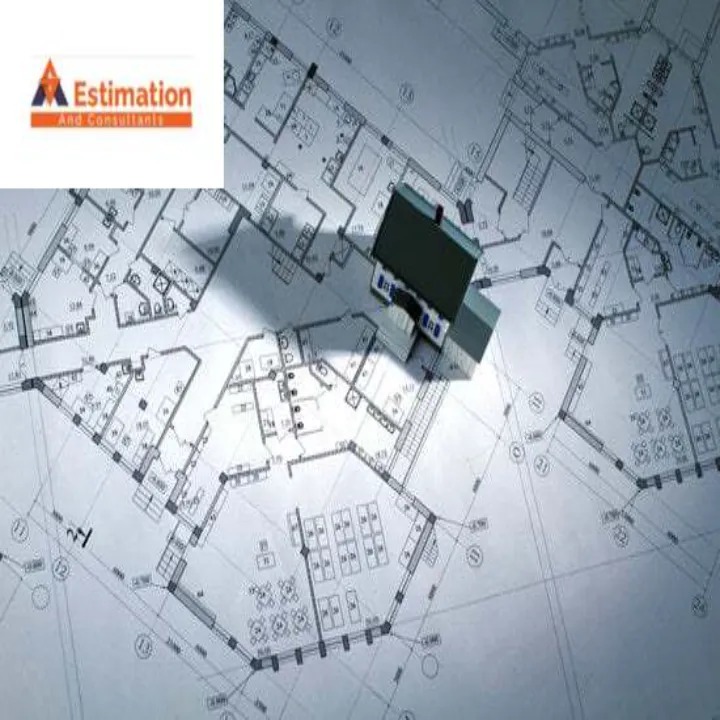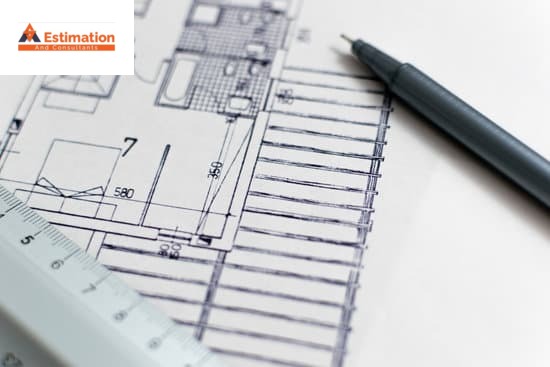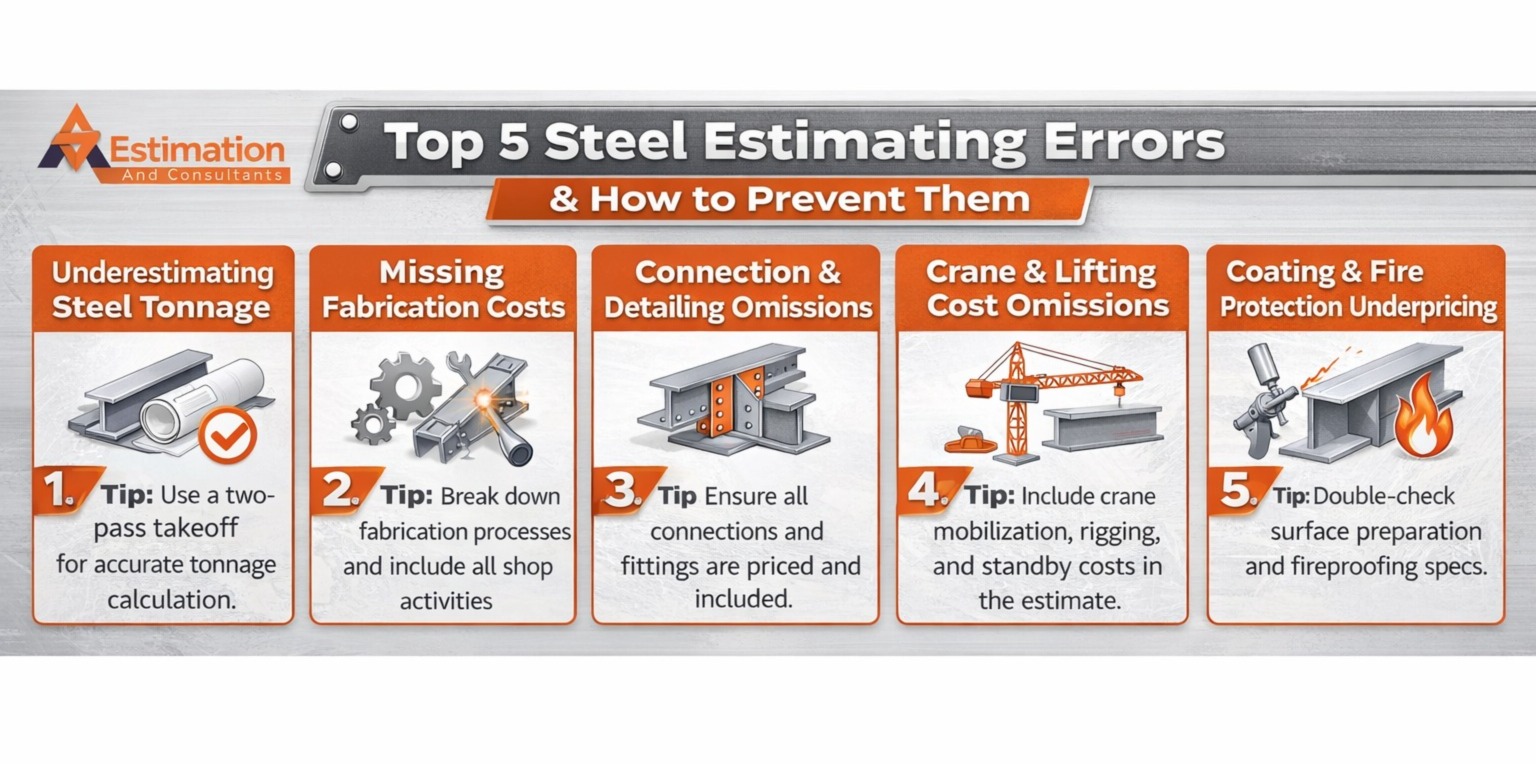Accurate estimating is essential for the success of any project, serving as a foundation for effective budgeting, resource allocation, and strategic planning. Without precise estimates, projects risk exceeding budget limits, missing deadlines, and suffering from resource shortages. In this guide, we explore the critical role accurate estimates play in achieving successful project outcomes.
Introduction to Accurate Estimating
In any industry, from construction to software development, accurate estimates are a necessity. Estimates forecast the time, cost, and resources required to complete a project, giving stakeholders a reliable basis for decision-making. A project’s success hinges on these estimates, as they influence budgeting, scheduling, and resource planning.

The importance of accurate estimates extends beyond just meeting financial targets; they also impact team morale, client satisfaction, and the company’s reputation. Misestimates can lead to rushed work, cutting corners, and compromising quality, which can be especially damaging in client-facing projects.
Key Reasons Why Accurate Estimates Matter
1. Prevents Budget Overruns
One of the main reasons accurate estimates are essential is that they help prevent budget overruns. When a project is underestimated, unexpected expenses arise, leading to additional costs that weren’t initially planned. For projects with fixed budgets, going over can lead to resource constraints or, worse, incomplete work.

Accurate estimates allow for realistic financial planning and allocation, ensuring that each stage of the project has the funding it needs. This is crucial for gaining the trust of stakeholders, as it reflects fiscal responsibility and professionalism.
2. Improves Project Scheduling
Accurate time estimates are just as important as cost estimates. When time is underestimated, projects are often rushed, which can compromise quality and strain resources. Properly estimating timelines enables project managers to set realistic deadlines and manage client expectations effectively.

Moreover, accurate time estimates are crucial for coordinating tasks and managing dependencies. If one part of a project is delayed due to poor scheduling, it can cause a domino effect, impacting other stages and potentially leading to missed deadlines.
3. Enhances Resource Allocation
Resource allocation is central to project success. Accurate estimates of required resources help project managers determine what materials, labor, and other assets will be needed and when. This ensures that resources are available when needed, preventing delays and optimizing productivity.
When estimating isn’t accurate, it’s easy to either over-allocate or under-allocate resources. Over-allocation leads to wasted budget, while under-allocation creates resource shortages, causing inefficiencies. Precise estimates allow for balanced and efficient use of all resources, contributing to a smooth project flow.
Impact of Inaccurate Estimates
1. Strains Client Relationships
Inaccurate estimates can lead to client dissatisfaction, as they often result in increased costs, missed deadlines, and compromised quality. When clients are presented with a budget that later proves inaccurate, it can strain the relationship, as it may feel like the company isn’t fulfilling its promises.
Maintaining trust with clients is essential for long-term success, and accurate estimates are a key factor in building that trust. They show clients that the company is knowledgeable, transparent, and capable of delivering on its commitments.
2. Affects Team Morale and Productivity
Projects with inaccurate estimates tend to experience rushed work, last-minute changes, and constant adjustments. This can put undue pressure on team members, leading to stress, burnout, and reduced productivity. When team members feel they’re working under unrealistic expectations, their morale and motivation suffer.

Accurate estimates help foster a positive work environment by setting realistic targets, allowing team members to focus on quality work without the need for constant rework. This leads to better project outcomes and supports team retention and satisfaction.
3. Risks Compromising Project Quality
Quality is often compromised when projects are forced to operate within inaccurate estimates. When costs or timelines are underestimated, there is a tendency to cut corners or rush through tasks, resulting in subpar deliverables. In fields where quality is paramount, such as construction, engineering, or software development, this can lead to costly rework and even legal liabilities.
Accurate estimates give the project team the time and resources to meet quality standards, which is essential for client satisfaction and long-term reputation.
Factors Influencing Estimating Accuracy
1. Project Complexity
The more complex a project, the more challenging it is to estimate accurately. Complex projects often involve multiple stages, specialized resources, and potentially unforeseen variables. Breaking down the project into manageable phases and estimating each phase individually can improve accuracy, though it requires in-depth planning and expertise.
2. Experience and Expertise of the Estimator
An estimator’s experience plays a significant role in the accuracy of estimates. Experienced estimators can foresee potential pitfalls and account for them in their projections. They often have a better understanding of market rates, labor costs, and the time required for various tasks.

On the other hand, inexperienced estimators may overlook critical details, leading to inaccurate forecasts. Investing in skilled estimators can therefore be a cost-saving measure, as their accuracy can prevent costly overruns.
3. Access to Reliable Data
Access to reliable, up-to-date data is essential for accurate estimating. This includes information on labor costs, material prices, and project timelines. Many companies use estimating software to collect and analyze data, enabling more precise calculations. However, even with software, the data must be accurate and regularly updated to avoid errors.
Tips for Improving Estimate Accuracy
1. Use Estimating Software
Estimating software has become a valuable tool for improving accuracy. These programs can streamline the estimating process by calculating costs, timelines, and resource needs based on the data input. They help reduce human error, speed up the estimation process, and can adjust figures based on current market rates.
While software cannot replace the need for human oversight, it can serve as a strong support tool, ensuring that essential factors aren’t overlooked.
2. Incorporate Contingency Plans
Incorporating contingency plans is essential for handling unexpected variables. Adding a contingency buffer to estimates ensures that any unforeseen costs can be covered without affecting the main budget. For example, many estimators include a 5-10% contingency on materials to cover potential price fluctuations.

Having a contingency plan adds a layer of flexibility, which is especially useful in projects that are long-term or prone to unpredictable changes.
3. Regularly Update and Review Estimates
Estimates should be treated as living documents that are reviewed and updated as the project progresses. Factors like inflation, material availability, and labor rates can change, impacting costs and timelines. Regularly reviewing and updating estimates ensures that the project remains aligned with current conditions.
The Long-Term Benefits of Accurate Estimates
1. Strengthened Client Relationships
Accurate estimates foster trust and transparency, which strengthens relationships with clients. When clients see that a company consistently meets its budget and timeline commitments, they are more likely to return for future projects and refer others.
2. Higher Profit Margins
Accurate estimates can help maximize profitability. By budgeting appropriately and avoiding overruns, companies can allocate funds more effectively, reduce waste, and improve their bottom line. Efficient estimating practices ultimately increase revenue by ensuring projects are completed on budget and on time.
3. Better Project Management
Accurate estimates are crucial for effective project management. When project managers have a realistic view of timelines and costs, they can coordinate tasks more efficiently, allocate resources wisely, and monitor progress. This helps keep projects on track, minimizes downtime, and optimizes productivity.
Conclusion: The Value of Investing in Accurate Estimates
Investing in accurate estimating practices is essential for any company that values budget adherence, efficient project execution, and client satisfaction. With reliable estimates, companies can build a reputation for quality and consistency, paving the way for future growth.
For the best in estimating support, AS Estimation & Consultants brings precision and expertise to every project, ensuring your budget stays intact and your goals are met with confidence.


